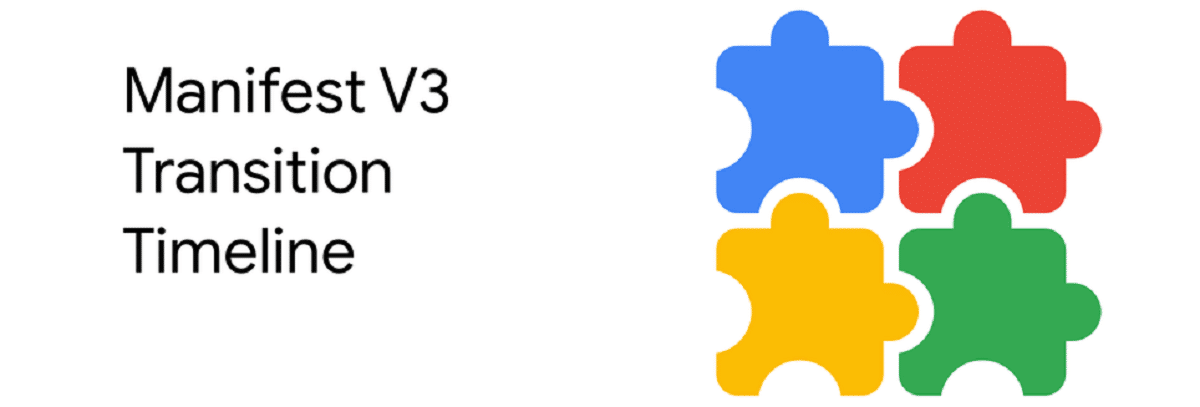
Google has released a timeline in which it details the how End of support for version 2 will take place from its Chrome manifest in favor of version 3, which has come under fire for disrupting many of its security plugins and blocking inappropriate content.
In addition to including the second version of the manifest, the popular uBlock Origin ad blocker is linked, which cannot be transferred to the third version of the manifest due to end of support for the blocking mode of the webRequest API.
From the January 17 on 2022, plugins using the second version of the manifest will no longer be accepted in the Chrome Web Store, but previously added plugin developers will still be able to post updates.
In January 2023, Chrome will stop being compatible with the second version of the manifest and all plugins linked to it will stop working. At the same time, posting updates for such add-ons on the Chrome Web Store will be prohibited.
Earlier this year, for Chrome 88, we announced the availability of a new manifest version for the Chrome extension ecosystem. Years in the making, Manifest V3 is more secure, efficient, and privacy-preserving than its predecessor. It is an evolution of the extension platform that takes into account both the changing web landscape and the future of browser extensions.
As we look to the future and continue to iterate and improve the functionality of Manifest V3, we also want to share details on the plan to phase out extensions from Manifest V2.

We must remember that the third version of the manifest, which defines the capabilities and resources to be provided to plugins, as part of the initiative to strengthen security and privacy, rather than the webRequest API, the declarativeNetRequest API, which has limited capabilities, is proposed.
While the WebRequest API allows you to connect your own controllers who have full access to network requests and can modify traffic on the fly, the declarativeNetRequest API only provides access to a filtering engine out of the box built into the browser that handles blocking rules on its own. , which does not allow you to use your own filtering algorithms and does not allow you to set complex rules that overlap each other based on conditions.
As these dates approach, we'll share more details about the version of Chrome targeted for change, as well as more information on how extension developers and users may be affected.
In the meantime, we will continue to add new capabilities to Manifest V3 based on the needs and voices of our developer community. Even in the last few months, there have been a number of interesting extensions to the extension platform
According to Google, it continues to work on implementing the NetRequest declarative capabilities required in plugins that use webRequest, and intends to bring the new API into a format that fully meets the needs of existing plugin developers.
In the coming months, we will also launch support for dynamically configurable content scripts and an in-memory storage option, among other new capabilities. These changes were designed with community feedback in mind, and we will continue to build more powerful Extension API functionality as more information is shared by developers.
For example, Google has already taken into account the wishes of the community and added support for the declarativeNetRequest API for multiple static rule sets, regex filtering, modification of HTTP headers, modifying and adding rules dynamically, removing and replacing parameters. request, tabbed filtering, and session-specific rule set creation.
In the coming months, it is planned to further implement support for dynamically customizable scripts for content processing and the ability to store data in RAM.
Finally if you are interested in knowing more about it about the note, you can check the details In the following link.